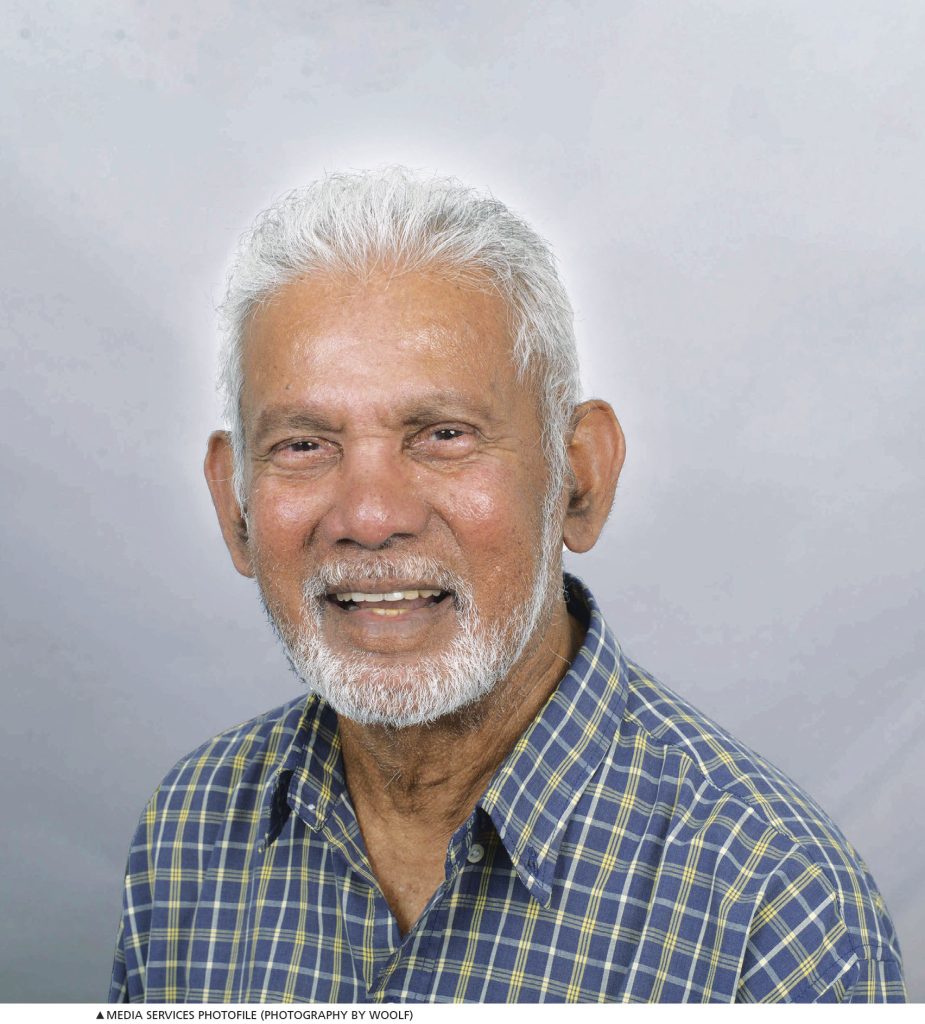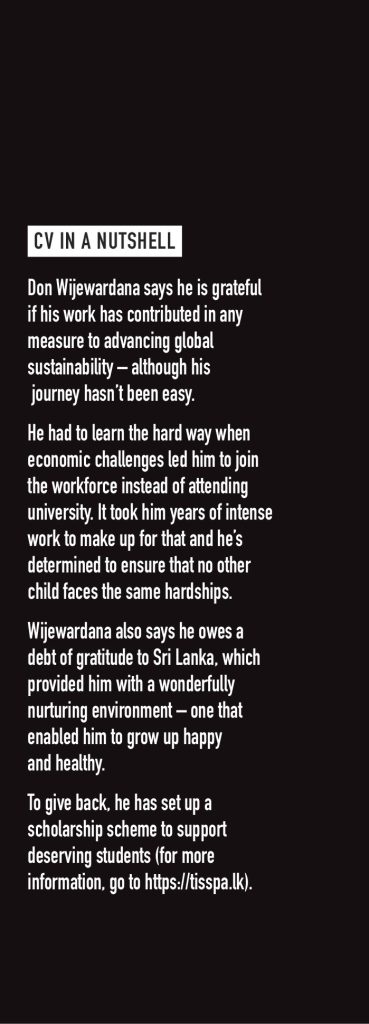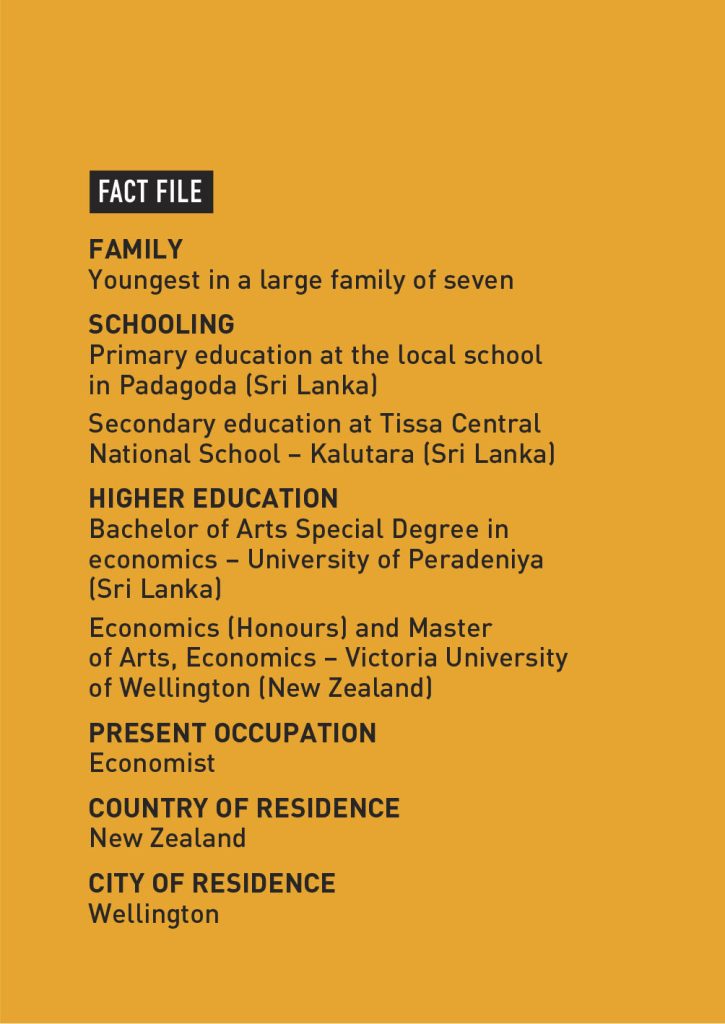Don Wijewardana
A deep sense of service

Q: You’ve enjoyed a distinguished career spanning economics, public policy and international consultancy. Looking back, what’s been the most rewarding aspects of your work?
A: Economics provided the foundational tools but the most rewarding part was integrating all three fields together to find practical solutions to problems.
Working internationally also allowed me to learn from different countries, and quickly understand what works and what doesn’t.
Q: Having worked with institutions like the Central Bank of Sri Lanka and the New Zealand government, how would you compare the economic policy environments of the two nations?
A: While the policy environments of the two countries are quite different, the tools applied are rather similar in nature.
The key difference is that analysts take into account each nation’s unique circumstances, which then influences the effectiveness of policy instruments.
Both in Sri Lanka and New Zealand, policy making institutions are manned by very capable people who know the nuances and their impacts. When you work within the system, you learn the fundamental elements and key issues very quickly.
Q: Your work on sustainable forest management has been recognised globally. What are the main challenges in ensuring sustainable forestry practices?
A: The main challenge is balancing the diversity of demands on forests, ranging from economic needs to climate and environment related functions, which are most often in conflict with one another.
Our work focussed on finding ways to minimise these conflicts, particularly through collaborative efforts of like-minded countries. An example of this would be the Montréal Process, where we worked closely with stakeholders under the umbrella of the UN.
We aimed to develop tools for sustainable forest management both at national and ground levels, measuring and reporting progress on sustainable development each year.
Q: What inspired you to write beyond your professional expertise in sustainability, economics and terrorism?
A: If you have something useful to offer, yet remain silent, you’re contributing to negative outcomes and missed opportunities. That’s what spurred me to venture into other areas beyond my core expertise.
Q: As a freelance journalist, what topics do you find most pressing in today’s global landscape?
A: For me, the three most pressing global issues are widespread poverty, where half the world suffers from malnutrition while the other half faces diseases related to over feeding, wars that kill thousands of innocent people, and the urgent need for governments to take meaningful action on climate change and environment sustainability.
Q: What did receiving the Queen’s Service Order (QSO) mean to you personally and professionally?
A: I wanted New Zealand to host an international meeting of all stakeholders under the aegis of the United Nations to showcase its stance on sustainable forest management.
New Zealand’s approach to forest management is unique and worth talking about, because the country has protected all its native forests and relied entirely on planted forests for economic needs.
However, holding such a meeting was estimated to cost half a million dollars and I knew the ministers would likely dismiss the proposal if I brought it up to the government.
Despite the challenge, my goal remained – i.e. to hold this international conference as my farewell to public service. I reached out to my colleagues in the international arena as well as domestic industry leaders, and managed to secure the necessary funding and held a highly successful meeting.
Not many government employees or private sector workers have the opportunity to fulfil such ambitious expectations during their career.
And so the government’s recognition of the achievement was incredibly satisfying both at a personal and professional level.
Q: And finally, what lesson from your career would you like to pass on to future generations?
A: Always believe in what you do and give your very best to fulfil it.
There will always be obstacles in the way but the challenge lies in overcoming them, and negotiating and exploring other options. Do not give up at the first hurdle you come across as each challenge you face brings with it valuable experience and growth.



